It's not the work which kills people, it's the worry. It's not the revolution that destroys machinery it's the friction
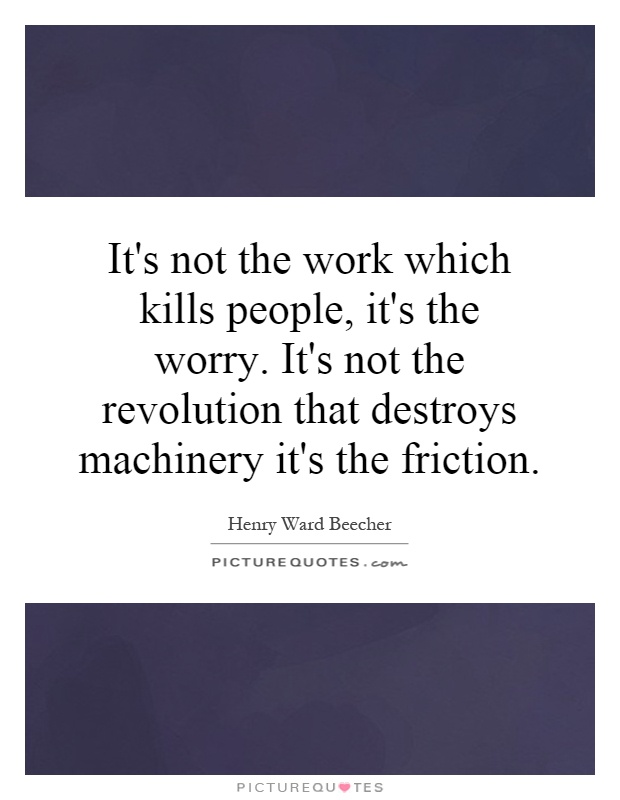
It's not the work which kills people, it's the worry. It's not the revolution that destroys machinery it's the friction
Henry Ward Beecher, a prominent 19th-century clergyman and social reformer, once famously said, “It's not the work which kills people, it's the worry. It's not the revolution that destroys machinery it's the friction.” These words of wisdom from Beecher hold a profound truth that is still relevant in today's fast-paced and stressful world.Beecher's statement highlights the importance of mental well-being and the detrimental effects of stress and anxiety on individuals. In today's society, many people are constantly under pressure to perform at their best, meet deadlines, and juggle multiple responsibilities. This can lead to high levels of stress and worry, which can have serious consequences on one's physical and mental health. Research has shown that chronic stress can lead to a variety of health problems, including heart disease, depression, and anxiety disorders. Therefore, it is crucial for individuals to find ways to manage their stress and worry in order to maintain a healthy and balanced life.
Furthermore, Beecher's words also shed light on the destructive nature of conflict and friction in society. In the context of revolutions, Beecher suggests that it is not the actual act of revolution that destroys machinery, but rather the friction and conflict that arise during the process. This can be applied to various aspects of life, including relationships, politics, and business. When there is constant friction and conflict between individuals or groups, it can lead to breakdowns in communication, trust, and cooperation. This can ultimately hinder progress and lead to negative outcomes for all parties involved.

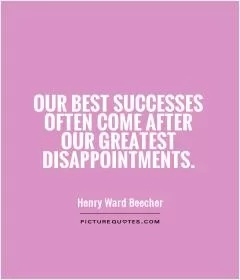

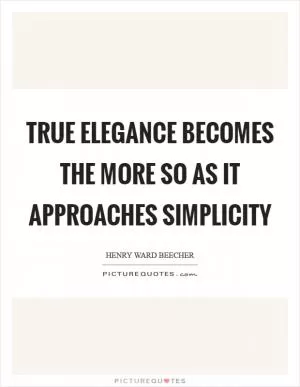
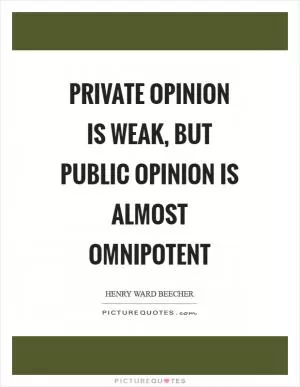
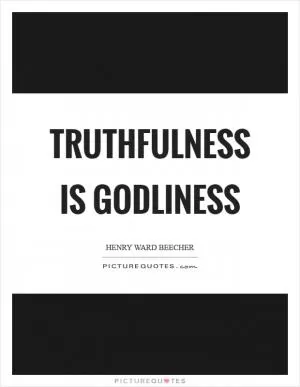
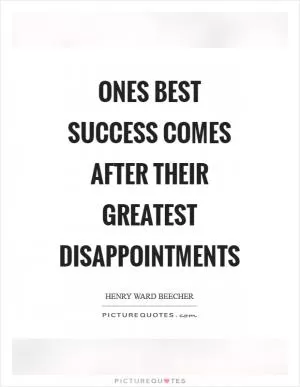

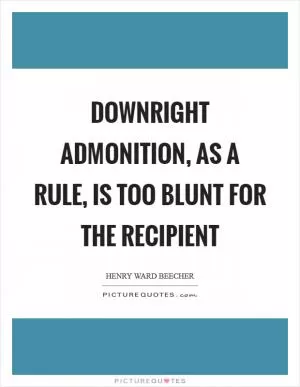
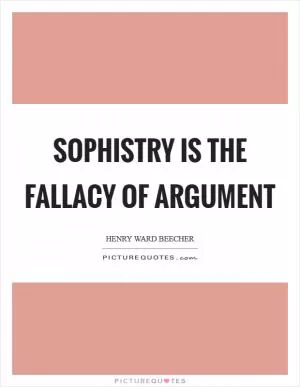
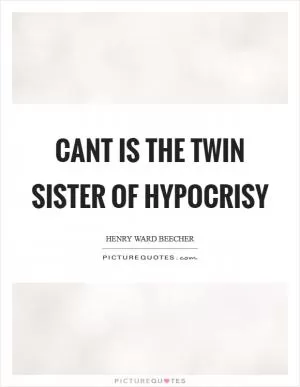
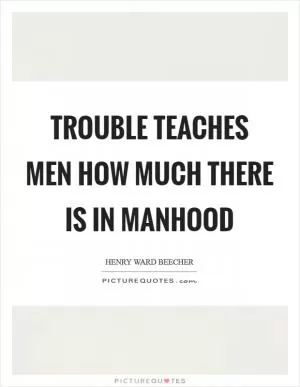
 Friendship Quotes
Friendship Quotes Love Quotes
Love Quotes Life Quotes
Life Quotes Funny Quotes
Funny Quotes Motivational Quotes
Motivational Quotes Inspirational Quotes
Inspirational Quotes